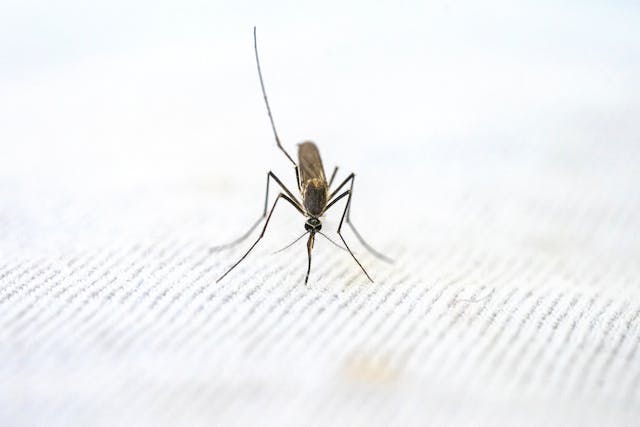Researchers at Tulane University have made significant strides in developing a promising new strategy to address persistent neurological symptoms linked to Lyme disease. This groundbreaking study offers new hope for patients suffering from the long-term effects of bacterial infection, even after receiving standard antibiotic treatment. The research findings were recently published in the prestigious journal Frontiers in Immunology.
Lyme disease is caused by the bacterium Borrelia burgdorferi and is transmitted primarily through tick bites. This infection can manifest symptoms that predominantly affect the central and peripheral nervous systems. While the majority of patients respond well to antibiotics, effectively eradicating the infection, a subset continues to experience debilitating symptoms such as memory loss, fatigue, and chronic pain. These ongoing issues are often classified as post-treatment Lyme disease syndrome.
Dr Geetha Parthasarathy, a leading researcher and assistant professor of microbiology and immunology at the Tulane National Primate Research Center, has identified a potentially transformative treatment involving fibroblast growth factor receptor inhibitors. These inhibitors, previously researched primarily in the context of cancer, have shown promising results in reducing inflammation and preventing cell death in brain and nerve tissue samples infected with Borrelia burgdorferi. This discovery suggests that targeting the FGFR pathways could be a viable therapeutic approach to combat the persistent neuroinflammation experienced by patients with post-treatment Lyme disease syndrome.
Dr Parthasarathy elaborated on the significance of their findings, stating, “Our research opens up new pathways for scientific inquiry that could lead to effective support and relief for patients enduring the lasting impacts of Lyme disease. By focusing our efforts on the underlying inflammation that contributes to these chronic symptoms, we aim to develop targeted treatments that can significantly improve the quality of life for those affected by this challenging condition.”
In their experimental setup, the Tulane research team treated nerve tissue cultures with either live or inactivated Borrelia burgdorferi, followed by the administration of FGFR inhibitors. The results were compelling, showing a significant reduction in inflammatory markers and cell death, indicating the potential efficacy of FGFR inhibitors in treating Lyme disease-related neurological symptoms.
The implications of this research are profound, as they offer a new avenue for treatment and deepen our understanding of Lyme disease and its long-term effects on the body. Despite the promising results, further research is essential to translate these findings into practical clinical treatments. The study represents a crucial step forward in addressing the complex and often overlooked aftermath of Lyme disease, potentially paving the way for novel therapeutic strategies that could benefit thousands of patients suffering from its long-term consequences.
As the scientific community continues to explore and validate these findings, the hope is that future research will bring us closer to effective treatments that can alleviate the burdensome symptoms of post-treatment Lyme disease syndrome, ultimately improving patient outcomes and quality of life. This study highlights the innovative approaches at Tulane University and underscores the importance of continued research and investment in understanding and treating complex infectious diseases like Lyme disease.
More information: Geetha Parthasarathy et al, Fibroblast growth factor receptor inhibitors mitigate the neuropathogenicity of Borrelia burgdorferi or its remnants ex vivo, Frontiers in Immunology. DOI: 10.3389/fimmu.2024.1327416
Journal information: Frontiers in Immunology Provided by Tulane University








